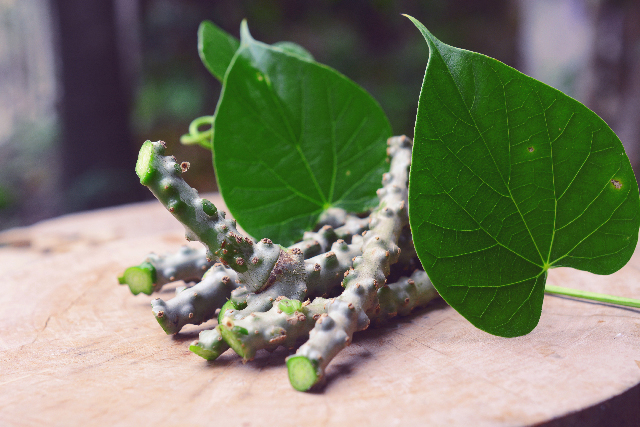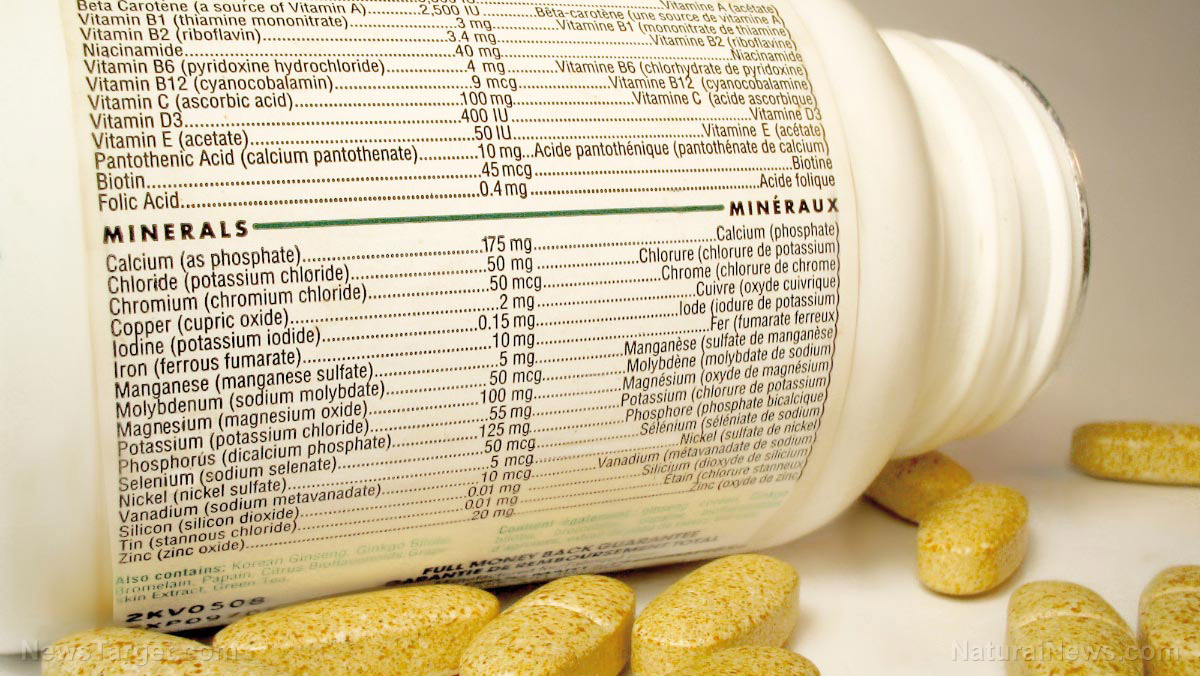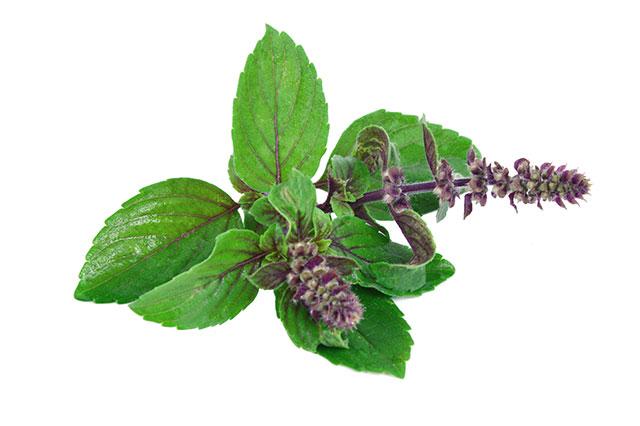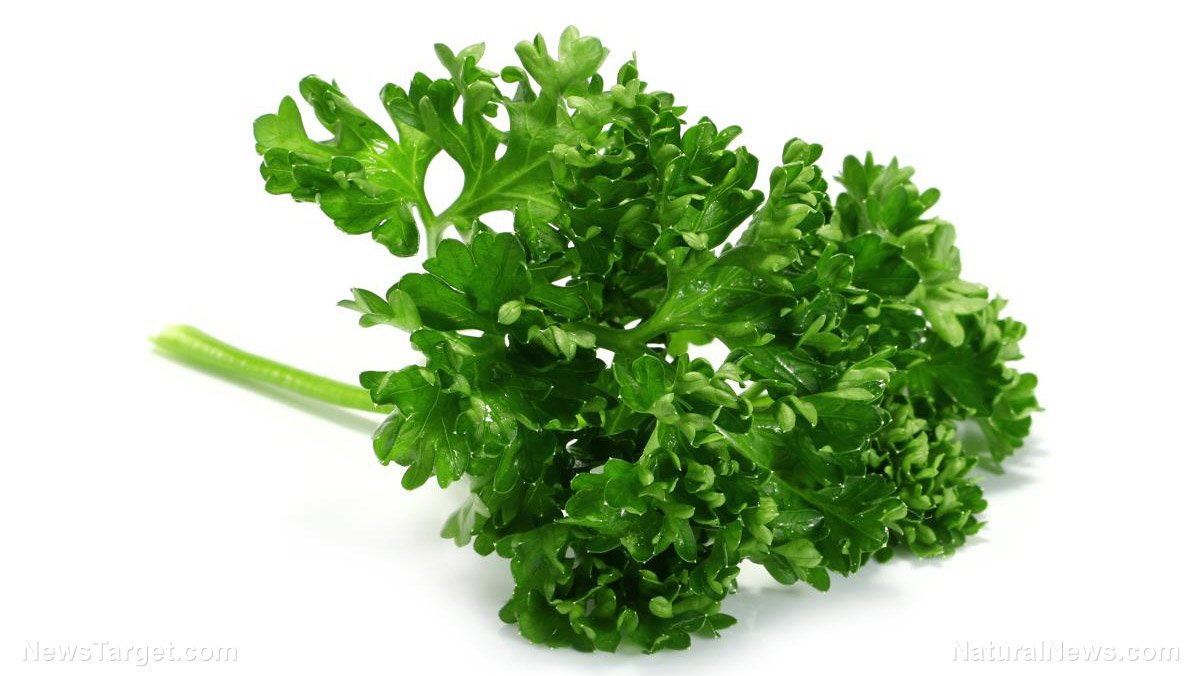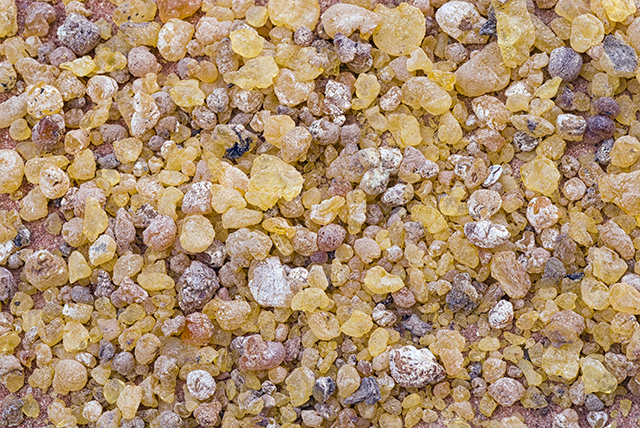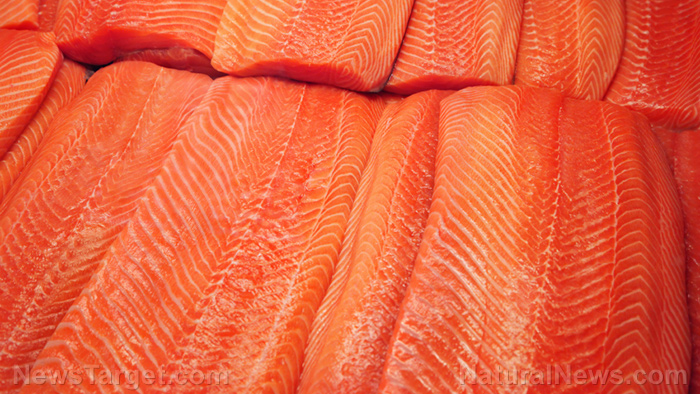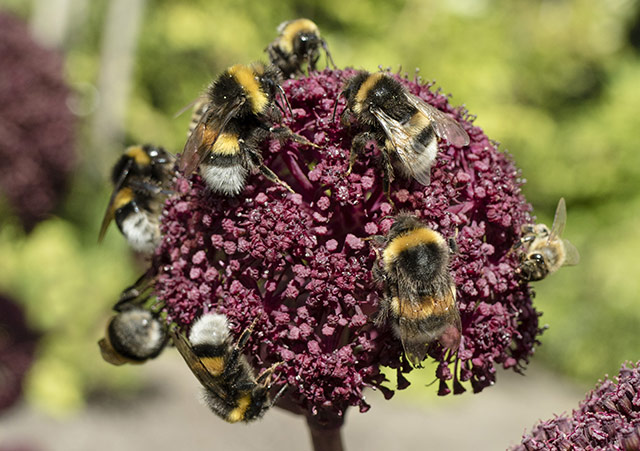A compound found in many medicinal herbs shown to prevent cancer, blood vessel growth
10/12/2018 / By RJ Jhonson
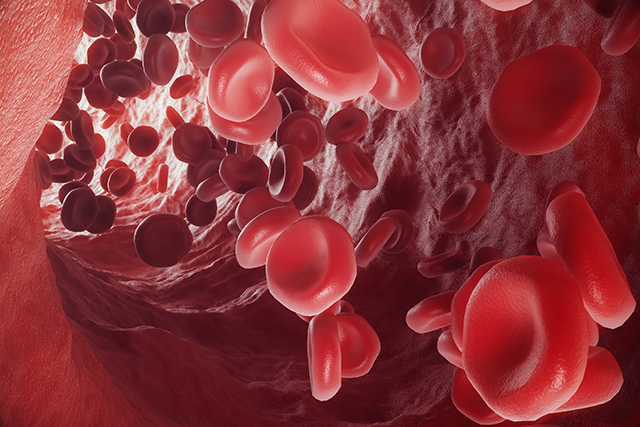
Angiogenesis, the process of forming new blood vessels, begins even before humans are born. Although important to sustaining life, angiogenesis also plays a significant role in the metastasis or proliferation of cancer cells. Because of this, stopping the process is vital to delaying the progression of cancer. As part of their quest for a safe and universally effective treatment for the disease, researchers seek natural substances that inhibit angiogenesis. Oridonin, a compound found in many medicinal herbs, is one such substance, says a study published in the journal BMC Complementary and Alternative Medicine.
The anti-tumor activity of oridonin is well-established, but information regarding its antiangiogenic effects is scarce. The researchers wrote that previous experiments on the compound did indicate its ability to inhibit the growth of capillary networks in tumors.
To test for possible antiangiogenic properties, the researchers conducted an in vitro experiment involving human umbilical vascular endothelial cells (HUVECs) and an in vivo inquiry into the embryonic vasculogenesis and postnatal regeneration of zebrafish.
Endothelial cells make up the endothelium that lines blood vessels. The researchers found that when administered with oridonin, these cells ceased their proliferation, migration, invasion and tube formation. Furthermore, the compound induced apoptosis, the process of normal cellular death. In short, oridonin caused the HUVECs to die out.
In vivo, the administration of oridonin prevented angiogenesis during the embryonic development of zebrafish. Angiogenesis was also inhibited in tail regeneration tests. Analysis showed that the compound reduced the levels of vascular endothelial growth factors, the proteins that stimulate the development of new blood vessels. In contrast, oridonin increased the levels of the gene TP53, which is expressed in the body’s bid to suppress the growth of tumors.
The researchers confirmed the antiangiogenic capabilities of oridonin which give it its antitumor and antimetastatic activities.
Natural ways to suppress cancer
Cancer is not easy to treat, but consuming the right diet can help. Here are some of the best anti-cancer foods one needs to have:
- Tomatoes – This fruit is rich in lycopene, an antioxidant that’s noted to be more potent than either vitamin E, alpha-carotene, or beta-carotene. It is known to have protective properties against cancers in the prostate and the lungs. Tomatoes are best consumed cooked because this way, its lycopene content is fully released ready to be used by the human body.
- Garlic and onions – Despite their pungent taste and smell, these vegetables are good for the body. The sulfur compounds that give them their distinct characteristics also block the formation of nitrosamines. These are carcinogens that have been linked to cancers in the colon, breast, and liver.
- Fish – Fatty fishes like salmon and herring are excellent sources of heart-friendly omega-3 fatty acids. This type of fat has been linked to improvements in general health and better organ function, but its protective effects against prostate cancer are also well-noted. Fruits like avocados, nuts, and seeds are other good sources of this “good” fat.
- Olive oil – Aside from its antibacterial and cardioprotective benefits, olive oil also has potent anti-cancer activity. It is a key component of the Mediterranean diet and so is credited with helping make breast cancer rates in Mediterranean countries lower than those in the United States.
- Grapes – Red grapes contain the antioxidant activin which has remarkably potent cardioprotective and anti-cancer effects. The said antioxidant can also lower the risk for neurodegenerative disorders. One can have it not just from eating the fruits, but also from drinking red wine and red grape juice.
- Green tea – The epigallocatechin-3 gallate in green tea counters urokinase, an enzyme that plays a vital role in tumor growth. Regularly drinking green tea may lower one’s risk of developing pancreatic, lung, esophageal, breast, liver, and skin cancer.
Learn of other natural cancer treatments at Cancer.news.
Sources include:
Tagged Under: angiogenesis, antiangiogenesis, anticancer, antitumor, blood vessels, natural cures, natural medicine, nutrients, nutrition, oridonin


